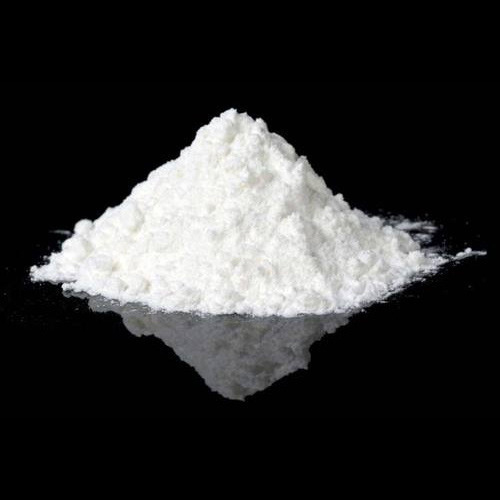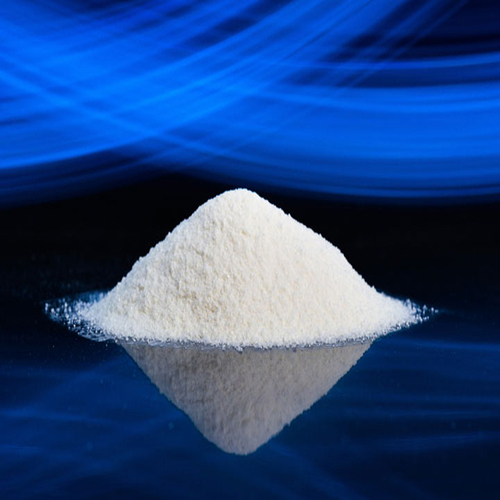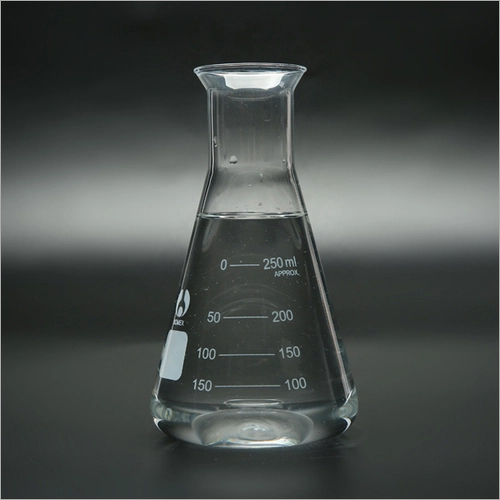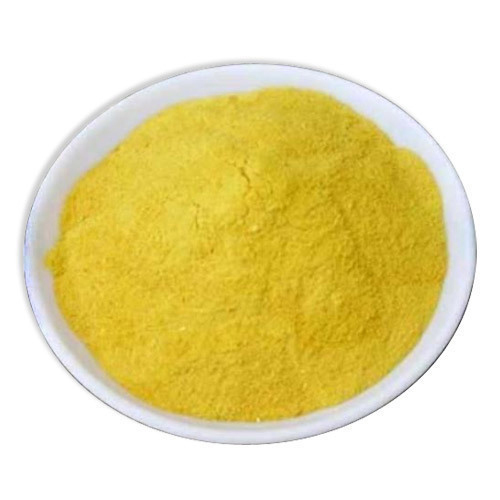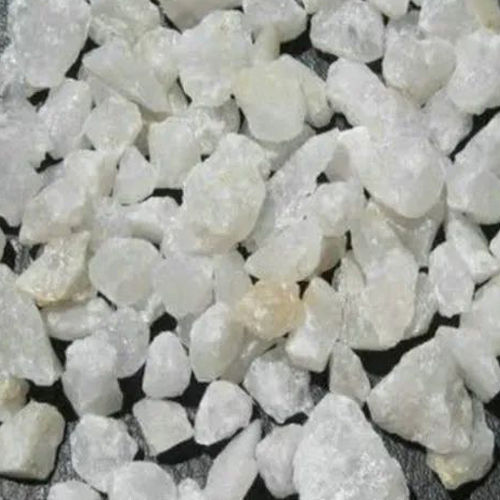
Calcium Chloride Lumps
120.00 - 160.00 USD ($)/Ton
Product Details:
- Solubility Soluble in Water, Acetic acid, Acetone
- CAS No 10043-52-4
- Melting Point 772 C
- Physical Form Solid
- Density 2.15 Gram per cubic centimeter(g/cm3)
- Storage Room Temperature
- Molecular Formula CaCl2
- Click to View more
X
Calcium Chloride Lump Price and Quantity
- 120.00 - 160.00 USD ($)/Ton
- 20 Ton
Calcium Chloride Lump Specifications
- 772 C
- Solid
- 2.15 Gram per cubic centimeter(g/cm3)
- Room Temperature
- CaCl2
- Soluble in Water, Acetic acid, Acetone
- 10043-52-4
- White hygroscopic solid
- Industrial
- 110.98 Grams (g)
- Industrial
- Irregular
- YES
Product Description
Buy from us Calcium chloride lumps in various sizes as per your requirements. It appears as a white colorless crystalline solid that shows excellent solubility in water and other liquids. It has a chemical formula of Cacl2 and molar mass nearly equals to 110.98 grams per mol. The compound has a high melting of 777 degrees Celsius and starts to boil at a temperature of 1935 degrees Celsius. The chemical compound offered by our company can be used as deicing agent to melt snow and ice on roads and sidewalks. It can also be used in the food industry as a food additive and in the manufacturing of paper and textiles.
Applications of Calcium Chloride Lump:
1. Deicing and Anti-icing: Calcium chloride is widely used as a deicing agent to melt ice and snow on roads, highways, sidewalks, and runways. Its hygroscopic nature allows it to absorb moisture from the air, creating a brine solution that lowers the freezing point of water and helps prevent ice formation. It is often used in combination with other deicing agents like rock salt to enhance their effectiveness in cold temperatures.
2. Dust Control: Calcium chloride can be applied to unpaved roads, construction sites, and mining areas to suppress dust by binding fine particles together. The hygroscopic nature of calcium chloride helps to keep the road surface damp and prevent the dispersion of airborne dust.
3. Concrete Accelerator: In the construction industry, calcium chloride can be added to concrete mixes to accelerate the curing and setting process. It helps concrete harden faster, which is particularly useful in cold weather conditions.
4. Oil and Gas Industry: Calcium chloride is used in drilling and completion fluids in the oil and gas industry. It helps control the viscosity and density of these fluids, prevent clay swelling, and maintain wellbore stability.
5. Food Preservation: Calcium chloride is sometimes used in food processing to enhance the firmness of fruits and vegetables and improve their shelf life. It can also be used in cheese-making to aid in curd formation.
6. Desiccant: Calcium chloride can be used as a desiccant or drying agent to control humidity in various environments, such as storage spaces, warehouses, and shipping containers. It absorbs moisture from the air, helping to prevent mold, mildew, and corrosion.
7. Dehumidification: Calcium chloride can be used in residential or commercial dehumidifiers to remove excess moisture from the air, making indoor environments more comfortable and preventing mold growth.
8. Wastewater Treatment: In wastewater treatment, calcium chloride can be used for flocculation and coagulation processes, aiding in the removal of suspended solids and contaminants from water.
9. Swimming Pool Maintenance: Calcium chloride can be used to increase the calcium hardness of pool water, helping to prevent corrosion of pool equipment and maintain water balance.
10. Medicine and Healthcare: Calcium chloride has medical applications, including use in intravenous (IV) drips to treat conditions like hypocalcemia (low blood calcium levels).
11. Laboratory and Chemical Processes: Calcium chloride is used in various laboratory procedures and chemical reactions, including as a drying agent for organic solvents.
FAQ:
Q1: What is calcium chloride?
Ans: Calcium chloride (CaCl2) is a chemical compound composed of calcium and chlorine. It exists as a white, odorless, and highly soluble solid at room temperature.
Q2: What are calcium chloride lumps?
Ans: Calcium chloride lumps are solid chunks or pieces of calcium chloride. They are typically produced by crystallization processes and are used for various applications.
Q3: What are the main uses of calcium chloride lumps?
Ans: Calcium chloride lumps are commonly used for deicing and anti-icing, dust control, concrete acceleration, oil and gas drilling, food preservation, desiccation, dehumidification, wastewater treatment, swimming pool maintenance, and more.
Q4: How does calcium chloride work as a deicing agent?
Ans: Calcium chloride is hygroscopic, meaning it can attract and absorb moisture from the air. When applied to icy surfaces, it forms a brine solution that lowers the freezing point of water, melting ice and preventing further ice accumulation.
Q5: Is calcium chloride safe to handle?
Ans: While calcium chloride is generally considered safe to handle, it can be irritating to the skin and eyes. It's advisable to wear protective gloves and eye protection when working with calcium chloride. Avoid inhaling its dust and wash hands thoroughly after handling.
Q6: Can calcium chloride lumps be used in food?
Ans: Yes, calcium chloride is used in food processing for tasks like firming vegetables and enhancing shelf life. However, its use is regulated, and it should only be used in approved food applications and within specified limits.
Q7: Can calcium chloride accelerate concrete setting?
Ans: Yes, calcium chloride can accelerate the setting and curing of concrete, making it useful in cold weather conditions when concrete might otherwise take longer to harden.
Q8: How is calcium chloride used in wastewater treatment?
Ans: Calcium chloride can be used in wastewater treatment as a flocculant or coagulant, aiding in the removal of suspended particles and contaminants from water.
Q9: Can calcium chloride be used for medical purposes?
Ans: Yes, calcium chloride has medical applications, such as being used in intravenous drips to treat conditions like hypocalcemia (low blood calcium levels).
Q10: Is calcium chloride environmentally friendly?
Ans: Calcium chloride is considered relatively less harmful to the environment compared to some other deicing agents. However, excessive use can contribute to chloride levels in water bodies, impacting aquatic ecosystems. Proper usage and disposal are important.
Q11: How should calcium chloride lumps be stored?
Ans: Calcium chloride lumps should be stored in a cool, dry place, away from moisture. Keep the container tightly sealed to prevent absorption of atmospheric moisture.
Enter Buying Requirement Details
Other Products in 'Industrial Chemical' category
 |
Chemtrade International Corporation
All Rights Reserved.(Terms of Use) Developed and Managed by Infocom Network Private Limited. |

 English
English Spanish
Spanish French
French German
German Italian
Italian Chinese (Simplified)
Chinese (Simplified) Japanese
Japanese Korean
Korean Arabic
Arabic Portuguese
Portuguese